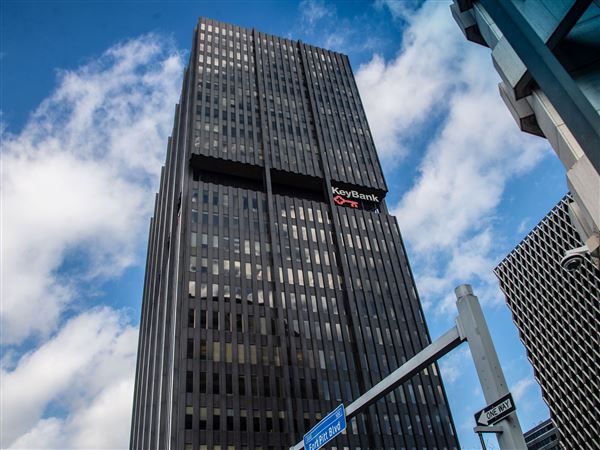We know that Pittsburgh's Diaspora -- and its kissing cousin, the Steeler Nation -- crosses international boundaries. More anecdotal proof of that came from Toronto last month, where the Buffalo Bills and Pittsburgh Steelers met for a preseason football match:
"When Donte Whitner walked onto the field Aug. 14 at the Rogers Centre, the Buffalo Bills strong safety was shocked to see more Pittsburgh Steelers fans clad in black and gold than Bills fans wearing red, white and blue," reports the Democrat and Chronicle of Rochester, N.Y. "When they began cheering for his Steelers counterpart, Troy Polamalu, he realized that at best, this would be a game played at a neutral site."
Yeah, we're in Canada now. But what about China? India? Mexico? Old Europe? New Europe? The Middle East, maybe?
And can Pittsburgh -- can any city of Pittsburgh's intermediate size and standing -- somehow tap into the minions who have scattered like milkweed over the last 30 years, build bridges upon their backs, harnessing their mental and monetary capital to somehow benefit the mother land?
These are the members of what I suppose we might call the International Boomerang cohort -- the folks who are here for a while, leave for a while, and then (eventually, hopefully) return home. But while they're gone, maybe there's a way to leverage their affection for the city into something less ephemeral, more substantial, a program or a pot of money or a giant phone tree or something that will strengthen their ties to the people left behind, and maybe hasten their return.
That's what Pittsburgh wants, isn't it?
"How a state or region goes about getting expatriates to return is likely still suffering from a lack of knowledge," writes the tireless Jim Russell, of CleveBurgh fame. "There is an irrational attachment to natives, informing bad economic decisions. Shared heritage does harbor a number of opportunities, but attracting any talent (regardless of where she or he was born) should be the primary goal. Boomerang migrants can be a piece of the puzzle, but the same pitfalls one finds in any initiative designed to keep graduates from leaving also exist for the clarion call to return home" (click here to read that post).
Brain drain retention, would-be boomerang recruitment, all part of a larger international puzzle -- drawing people and talent, not just displaced Yinzers, into the global Pittsburgh community.
Even if bringing natives back can't be our ultimate goal, the Pittsburgh Diaspora no doubt can be a channel of communication between those who are here and those we hope to bring here one day. But what's the message?
•
September 2008 was GlobalPittsburgh month. So say the people behind Pittsburgh 250, the region's yearlong birthday celebration and fireworks fest. It's the month we're supposed to be "highlighting global connections" within the Pittsburgh community.
How do we do that? From the GlobalPittsburgh Web site (globalpittsburgh.org) come these suggestions:
"Hold an international event or create global spin to existing event."
"Bring in or host an overseas visitor or delegation."
"Fly an international flag."
OK, so our outreach message maybe needs a bit of refinement. We may not know exactly what to say, but Simin Curtis, founder of the newly formed Pittsburgh Middle East Institute, has some ideas on what to do in the meantime.
"The sort of larger issue is this notion of smart power -- [you] can bring people to your side not so much through coercion, but these ties of business, and these educational ties."
Soft diplomacy, it used to be called, or cultural diplomacy. Pittsburgh has to win some hearts and minds, and how better to do that than by using our Diaspora as the city's ambassadors? UPMC announced last month that it plans to open Middle East cancer centers over the next 10 years. Carnegie Mellon University's Qatar campus, meanwhile, graduated its first class in spring of 2008.
There's no way to know if the Pittsburgh "message" will ever resonate the way we want it to internationally, in the Middle East or elsewhere, but if it does, we'll rely on the Diaspora to do the preaching for us.
First Published: September 26, 2008, 8:00 a.m.















